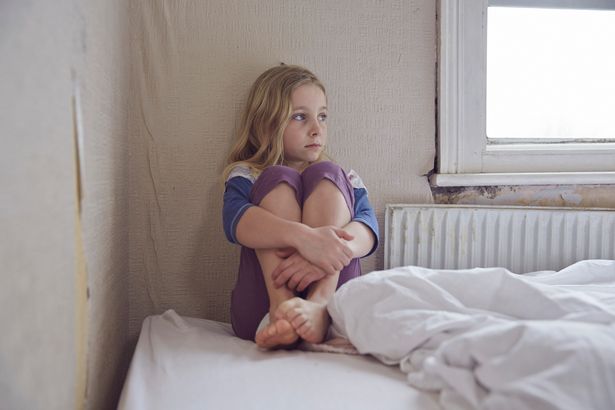There’s been a global surge in children going to gender clinics – reflected in the UK as a rise in the number of referrals to the Gender Identity Development Service (GIDS).
The chairwoman of the child and adolescent faculty at the Royal College of Psychiatrists, Dr Bernadka Dubicka, has said there’s a need for clear guidelines for good practice in this controversial area.
“Working in child mental health is complex and this area is particularly so,” she said. “Usually there is no right or wrong immediate answer.”
She believes young people’s gender identity could be “fluid” and each child needs thorough assessment by a specialist before any treatment.
“There’s no blanket approach to any one young person – it’s got to be a judgment relying on clinical experience because there’s so little research evidence.
“We are talking about developing guidelines but the answers aren’t straightforward. We need more research in this area across the board.”
Some mental health services are reluctant to help children with gender issues and refer them to GIDS.
But Dr Dubicka wants local services to be trained to do more.

“There will be a lot of young people with worries about their identity but those concerns might not need specialist treatment,” she said.
The Royal College believes local child mental health services need to deal with young people questioning their gender identity as not all of them require specialist care.
There are concerns that the only NHS gender clinic for children is being too quick to dispense hormone blockers to adolescent children, and irreversible hormone treatments to children over 16 to halt their gender development.
Five doctors have resigned from GIDS because of fears the clinic is glossing over mental health difficulties, abuse and family trauma, as well as adolescent confusion over possible homosexuality, in its rush to medicate.
There have been accusations the clinic is “experimenting” with children, prescribing treatments such as hormone blockers to delay puberty when there’s little robust evidence of a need for it and risking side effects like sexual dysfunction and infertility.
The bigger questions, however, challenge the NHS.
Surely it’s not right to leave GIDS to treat children with such far-reaching consequences without supervision.
The NHS has a duty to patients for setting protocols, gathering evidence and monitoring compliance, a duty that should extend to gender dysphoria.
Without that supervision, over-enthusiastic efforts to ease the suffering of young people could have dire long-term repercussions.

